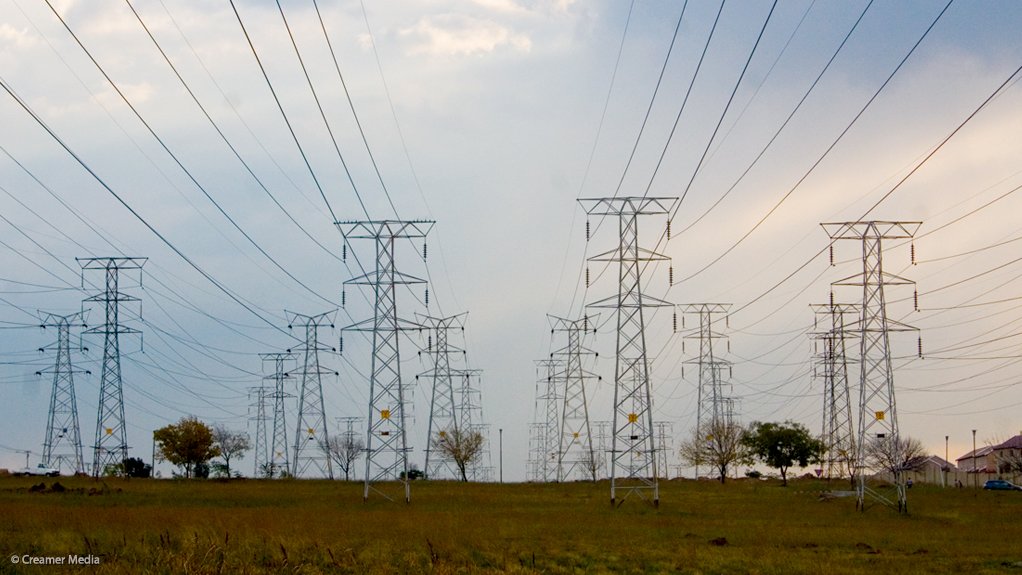A new and updated edition of the loadshedding code of practice, which includes up to 16 stages of loadshedding, has been finalised by an expert group and delivered to the National Energy Regulator of South Africa (Nersa) for approval.
The current NRS 048-9 edition, known as Edition 2, has protocols governing up to eight stages of loadshedding, which would involve rotational cuts of up to 16 hours in a 32-hour cycle. Edition 3 has increased the number of stages to 16, with the highest stage involving 24 hours of loadshedding in a 32-hour cycle.
To date, Eskom has not breached Stage 6, which has been implemented on several occasions over the past two years as the utility has struggled to balance supply and demand largely because its undermaintained coal fleet has become unreliable and unpredictable.
The new NRS 048-9 edition has been drafted and adopted by the National Rationalised Specifications Association of South Africa, or the NRS Association, a voluntary forum that includes representatives from Eskom, the country’s eight metros, municipalities, the South African Bureau of Standards and Nersa.
The document itself has not been shared with the public but is expected to be released by Nersa when it conducts a public consultation process on the proposed new code of practice.
NRS Association chairperson Vally Padayachee insists that the new edition should not be viewed as an indication that Stage 16 loadshedding is inevitable.
Rather, the updated protocols are designed to improve the state of readiness among the 750 or so individuals responsible for grid stability across the national and municipal system to take the action needed to prevent a national blackout.
Padayachee reports that the main rationale for increasing the number of stages is to mitigate the potential for human error that could arise from the fact that once Stage 8 is breached under the current protocols, system operators rely on “contingency measures” rather than a clearly defined code of practice.
“Even though Eskom’s performance this winter has been better than expected, there is still potential for loadshedding of up to Stage 8 or beyond should demand climb significantly due to cold weather,” he says, noting the coldest periods historically are during the third week of July and the first week of August.
Ahead of winter, Eskom warned that Stage 8 loadshedding was a possibility. However, lower-than-expected demand and an improved performance from some coal stations have enabled the utility to reduce the intensity of loadshedding in recent weeks.
Electricity Minister Dr Kgosientsho Ramokgopa has highlighted, in particular, an improving breakdown trend across the coal fleet, which has fallen to within touching distance of the 15 000 MW target set by Eskom as one where both loadshedding and the use of diesel could be reduced to more tolerable levels.
Demand, however, has been noticeably lower than initially forecast, with daily peaks of about 30 000 MW, instead of the 34 000 MW-plus peaks forecast ahead of winter.
That said, Padayachee believes the new loadshedding code of practice will further bolster resilience as it outlines “mechanically” what system operators, who have been operating under extreme conditions, need to do to ensure that there is no total grid collapse.
EMAIL THIS ARTICLE SAVE THIS ARTICLE ARTICLE ENQUIRY
To subscribe email subscriptions@creamermedia.co.za or click here
To advertise email advertising@creamermedia.co.za or click here











